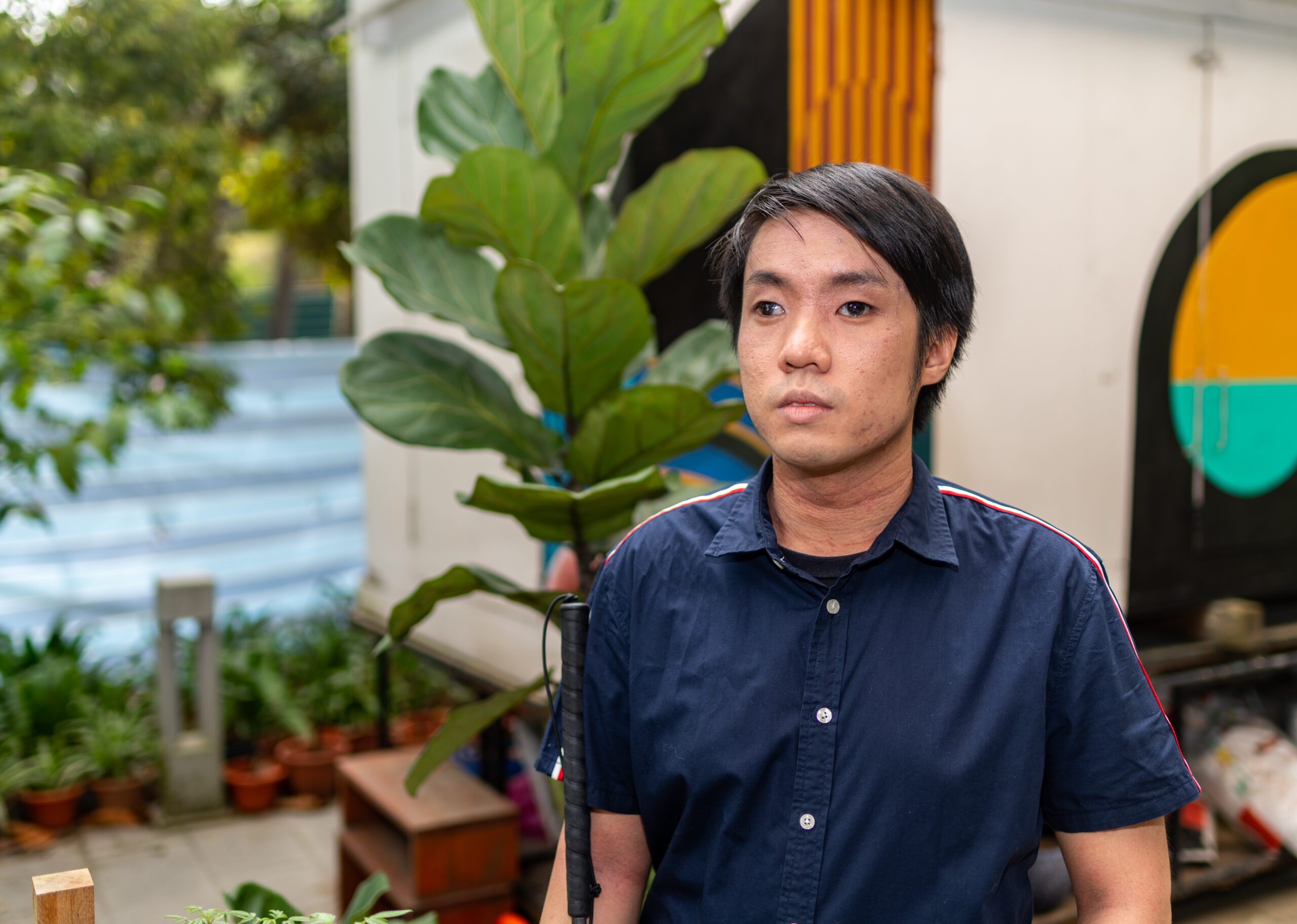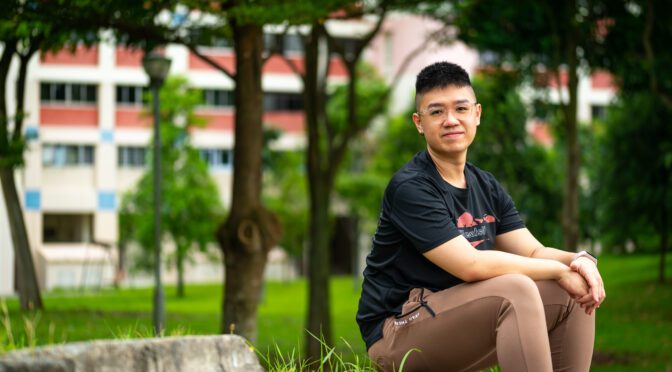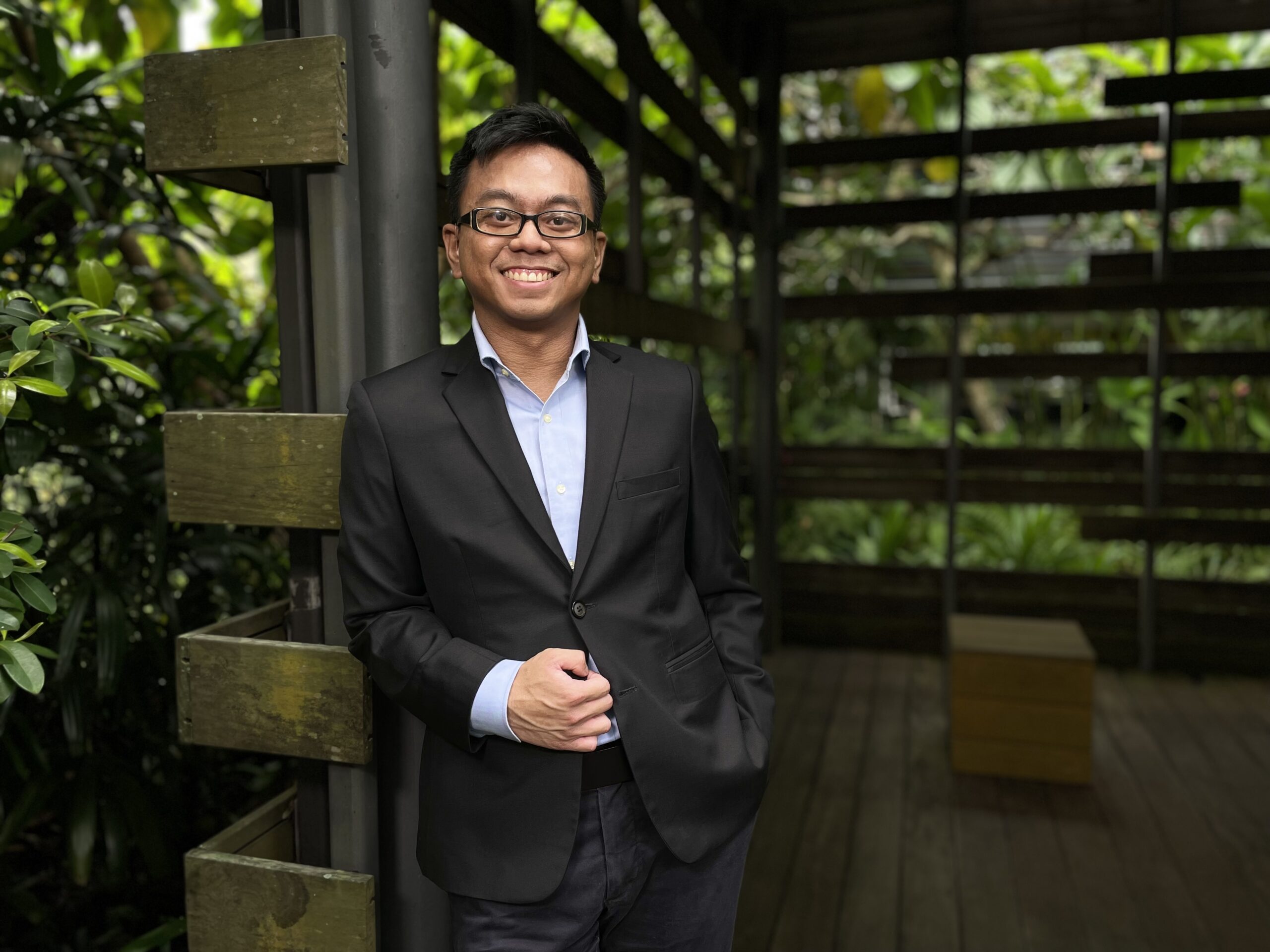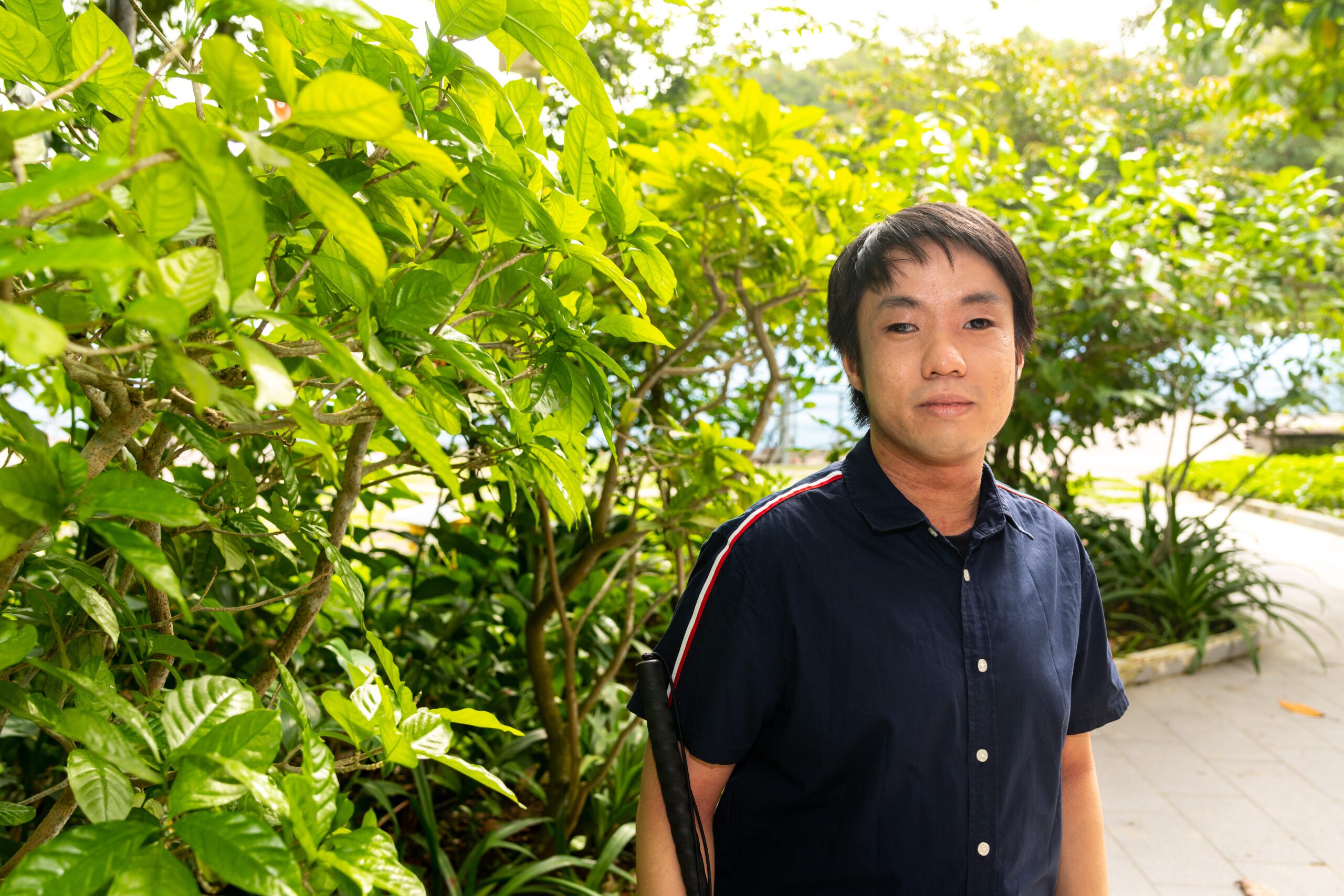Today, how I would describe the vision in my right eye is that it is like looking through frosted glass. In my left eye, the visual field is very narrow. What I see before me is like looking at a photograph with heavy vignetting. Colours are blurry. Between the ages of twelve to fourteen, the vision loss was not yet that serious. I did have to ditch the small screen of the Game Boy for the larger computer monitor. That was when I landed on my next obsession: Team Fortress 2. Due to my condition, I became pretty much a homebody, spending untold number of hours reading and playing the multi-player first-person shooter game.
Like all teenagers, I prized independence above many things. My mother, as is expected of a mother whose son was not only on the precipice of change but was also dealing with a disability, became extremely overprotective. We did not see eye to eye on a lot of things. Every request to go over to my friend’s place was met with disapproval. She would contrive hypotheticals to dissuade me: ‘What if you kicked over a vase? I’d have to pay for it!’ Even simple freedoms that my peers got to enjoy, such as returning home from school on their own, became a bone of contention. My mother insisted on fetching me to and from school every day. I insisted that it had to stop. We got into frequent shouting matches over the matter until she finally relented, “Go ahead! And if you get run over by a truck you couldn’t see on the way home and become a vegetable, I’m not going to take care of you.”
Why did I refuse to budge? Well, walking home from school alone was a rare respite that I relished. Being surrounded by people all the time at school and at home, the quiet journey home gave me space and silence to think. As a teenager, not having to hear my mother scream at me and everyone else for even twenty minutes was a huge blessing. But of course, I eventually found out that my mother would occasionally send people to tail me and make sure nothing happened to me. She just could not bear to relinquish the control and certainty she had over every detail of my life. Even though I still do not agree with her methods, in hindsight, I can understand a parent’s desire to protect her child, and a child with a disability at that, at all costs.
By the time I turned fifteen, my doctor told me that my glaucoma was getting even more severe. Should the inside of my eye continue to suffer extensive damage, it could inflame before deflating, much like a popped balloon, in a very painful way. She urged me to go for surgery, which entailed making an incision in the eye to allow fluid to drain more consistently. Not only would this bring my eye pressure under control, it would preserve the physical state of the eye. Preventing cosmetic damage to my eye was a higher priority than saving what little remaining vision I had left. It potentially meant that I could receive regenerative treatments such as stem cell therapy, if such a breakthrough in this field should ever transpire during my lifetime.



